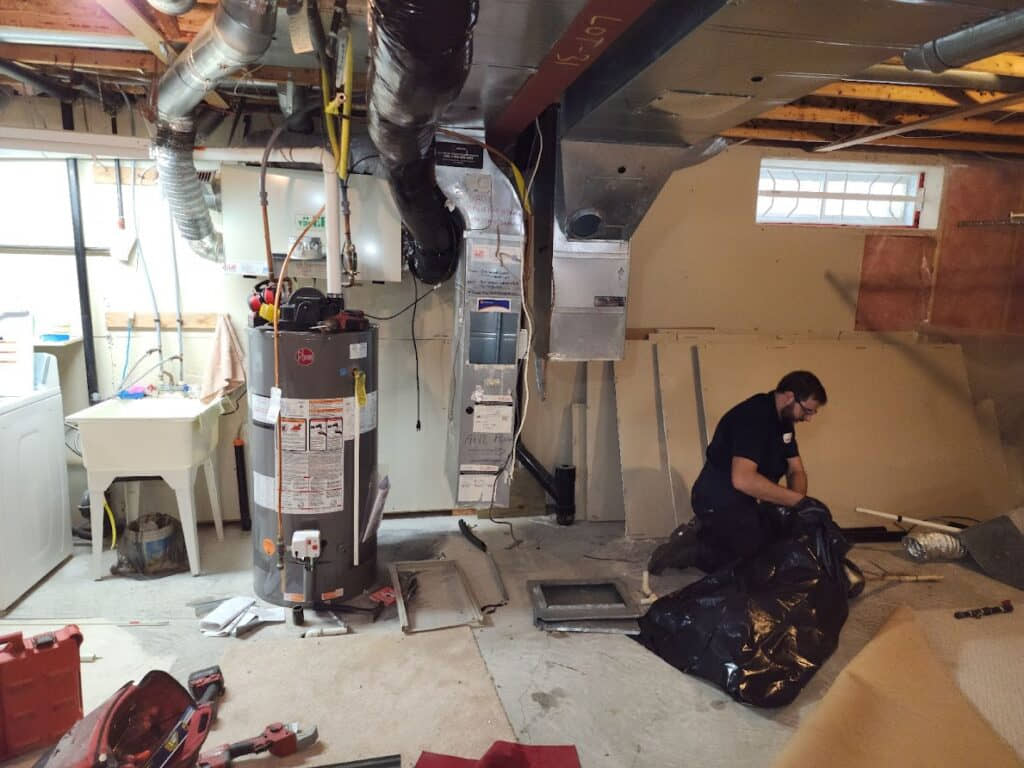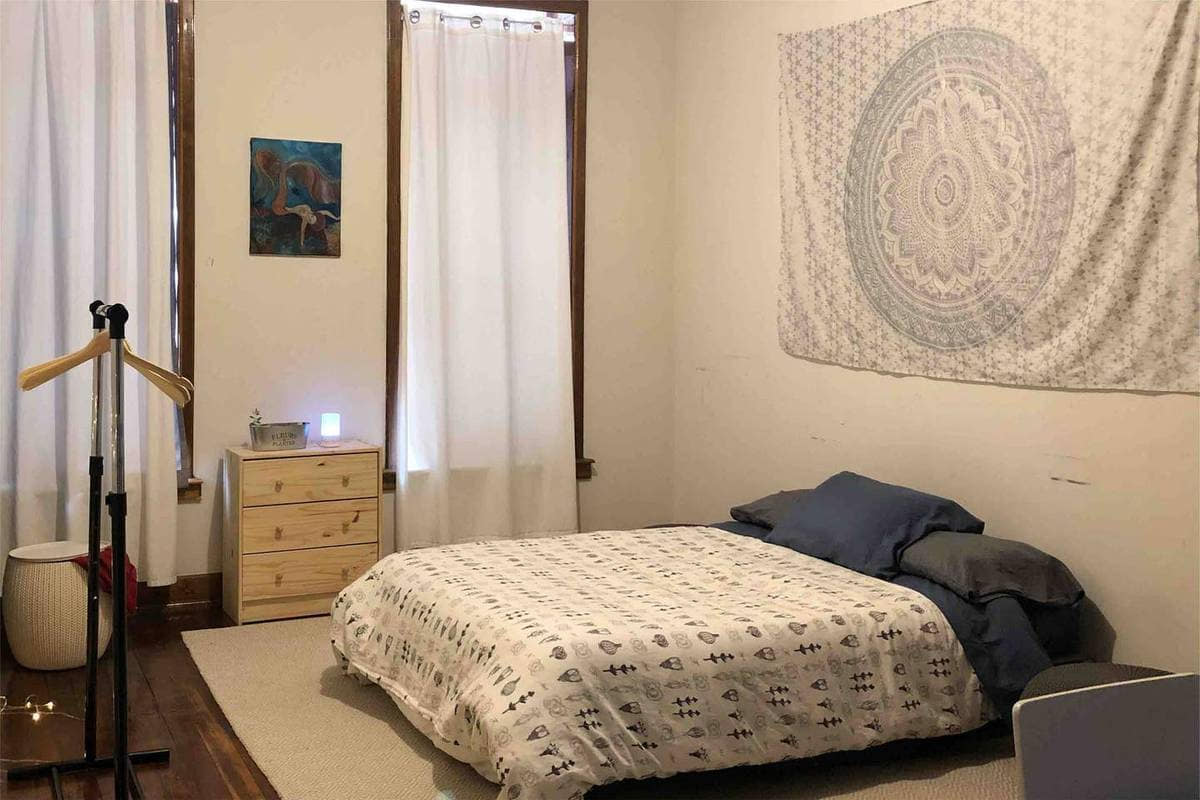As a tenant, understanding your rights and obligations regarding pest control is essential. In this article, we will explore whether landlords have the authority to spray for pests in rental units and the implications it may have on both parties involved.
Who Is Responsible For Pest Control?
Legally, landlords are responsible for ensuring pest control is properly addressed in their rental units. As the property owner, it is the landlord's duty to maintain a habitable environment for their tenants. This includes identifying and treating pest infestations when necessary.
While tenants must allow landlords access to perform these treatments, the financial responsibility of pest control typically falls on the landlord unless the tenant's actions directly caused the issue.
Can a tenant refuse pest control treatments?

Tenants do have the right to refuse pest control treatments under certain circumstances. If a tenant has medical concerns that could be exacerbated by chemical pesticides, they may refuse spraying as long as proper documentation from a physician is provided to the landlord.
Pregnant women or those with respiratory issues like asthma are most likely to have a valid reason to opt-out of treatments. However, tenants cannot refuse pest control outright and must work with their landlord to find a suitable alternative for resolving any infestations.
Related: Can You Evict A Tenant For Not Cleaning?
Who pays if the tenant caused the infestation?
If it can be proven that a tenant's personal actions or negligence led to a pest problem, such as failing to properly store food or take out trash, then the financial responsibility shifts to the tenant. Landlords have a right to recover costs associated with additional treatments required to remedy issues solely caused by a tenant.
Tenants should keep their units clean and pest-free to avoid being liable for payment of pest control services.
Can a tenant sue their landlord over pest control?
Tenants are able to take legal action against their landlord if a pest infestation issue is not properly addressed. If a tenant has reported a pest problem to their landlord who then fails to take appropriate steps, such as conducting an inspection, selecting a treatment plan, or performing scheduled pest control, the tenant may be able to sue.
Landlords are obligated to respond to infestation complaints quickly and can be held liable for health or safety issues that arise from negligence in treating pests.
What are a landlord's pest control responsibilities?
When notified about a pest issue, landlords are responsible for promptly investigating the problem, identifying the type of pest present, informing other tenants if it affects multiple units, scheduling licensed pest control professionals to perform treatments, and continuing follow-up services until the issue is fully resolved.
It is important landlords take pest control seriously as an infestation can spread rapidly and impact tenants' health if not properly handled.
What are a tenant's pest control responsibilities?
Tenants play an important role in pest control through regular preventative actions like taking out trash, cleaning up food and spills, reporting maintenance issues that could allow pest entry, and allowing contractors access for planned treatments.
Basic housekeeping and sanitation practices go a long way in preventing pests. Tenants who do not follow these responsibilities can be asked to pay for additional treatments if their negligence directly causes an infestation.
Conclusion
In conclusion, while landlords have the legal duty to address pest control as property owners, tenants must also uphold certain responsibilities. Regularly scheduled pest control treatments are mandated by leases and tenants cannot refuse without valid medical reason. If an infestation is properly reported and the landlord fails to take action, tenants have grounds to pursue legal remedies.





